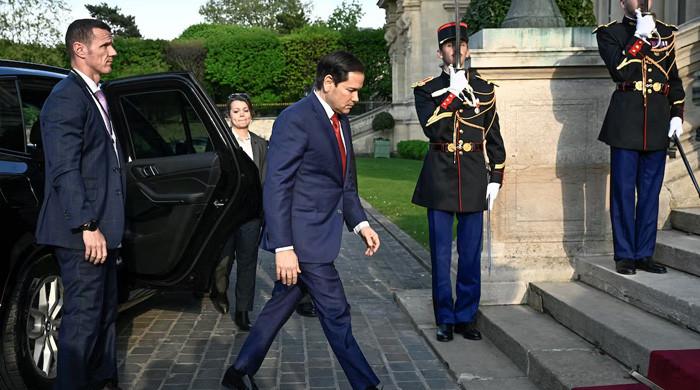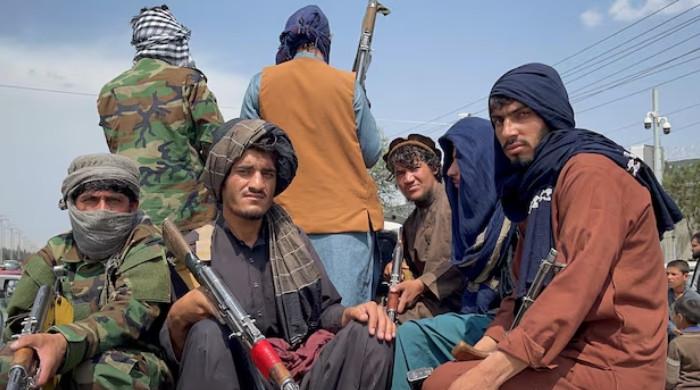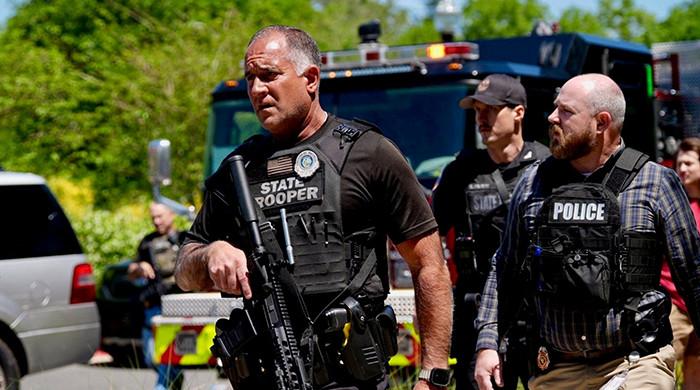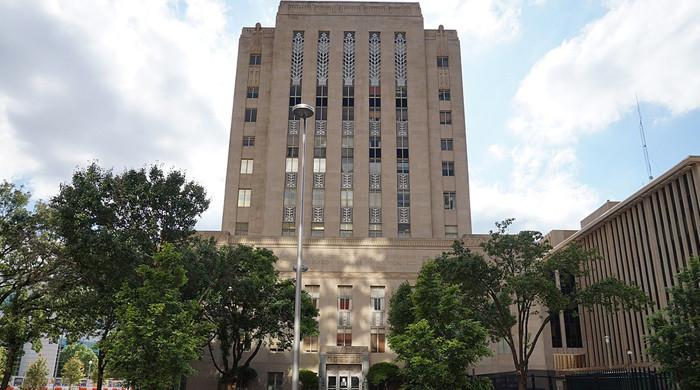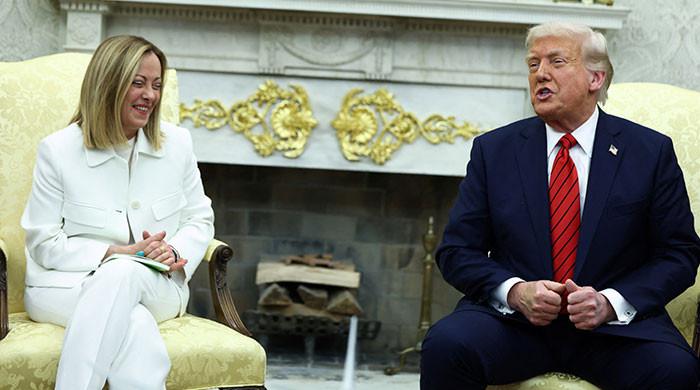Egyptians vote on divisive new constitution
CAIRO: Egyptians voted on Saturday in the final round of a referendum on a new constitution championed by President Mohamed Morsi and his allies against fierce protests from the secular-leaning...
December 22, 2012
On the eve of polling, more clashes erupted in Egypt's second city Alexandria, injuring 62 people, including 12 police officers. Twelve people were arrested, as stone-throwing mobs torched vehicles, the interior ministry said.
They were part of a month of protests that have shaken the Arab world's most populous nation and challenged Morsi's authority.
On December 5, eight people were killed and hundreds injured in clashes between rival demonstrators outside the presidential palace in Cairo.
Some 250,000 police and soldiers were deployed to provide security during the referendum. The army has also positioned tanks around the presidential palace in Cairo since early this month.
The proposed charter was expected to be adopted after already garnering 57 percent support in the first round of the referendum a week ago.
But the slim margin and low first-round turnout has emboldened the opposition, which looks likely to continue its campaign against Morsi and his Muslim Brotherhood backers.
At a polling station in Giza, southwest Cairo, Zarifa Abdul Aziz, a 50-year-old housewife, said: "I will vote 'no' a thousand times... I am not comfortable with the Brotherhood and all that it is doing."
She admitted she had not read the proposed constitution, "but all I hear about it is not good at all."
Rana Jaber, a 24, said she was voting against a draft constitution she believed would "undermine the rights of workers and children."
However 19-year-old law student Ahmed Mohammed, said he voted yes because "I am convinced it contains the best of the 1971 constitution," the document that the new charter will replace.
Mohamed Mamza, a 49-year-old driver, said: "I am voting 'yes' because Egypt needs a constitution to be stable."
The text was drafted by a panel dominated by the Muslim Brotherhood and ultra-orthodox Salafist groups. Christians and liberals boycotted the process in protest at changes they saw as weakening human and women's rights.
Morsi had to split voting over two successive Saturdays after more than half of Egypt's judges said they would not provide the statutory supervision of polling stations.
The main opposition group, the National Salvation Front, launched a last-ditch campaign to vote down the charter after deciding a boycott would be counter-productive.
But it and Egyptian human rights groups alleged the first round was marred by fraud, setting up a possible later challenge to the results.
Preliminary tallies from the final round were expected by early Sunday. Full official results will be released "two days after the end of polling," the electoral commission said, according to the official MENA news agency.
If, as expected, the new constitution is adopted, Morsi will have to call parliamentary elections within two months, to replace the assembly ordered dissolved by Egypt's top court in June.
Continued instability will imperil Egypt's economy, which has been limping along ever since the 2011 revolution that overthrew autocratic leader Hosni Mubarak.
The International Monetary Fund has already put on hold a $4.8-billion loan Egypt needs to stave off a currency collapse.
National Salvation Front chief Mohamed ElBaradei, a former UN atomic energy agency chief, warned in an online video that "the country is on the verge of bankruptcy."
But he said "a solution is still possible" if Morsi is prepared for "sincere dialogue" and allows a new constitution to be drafted through a more inclusive process.




